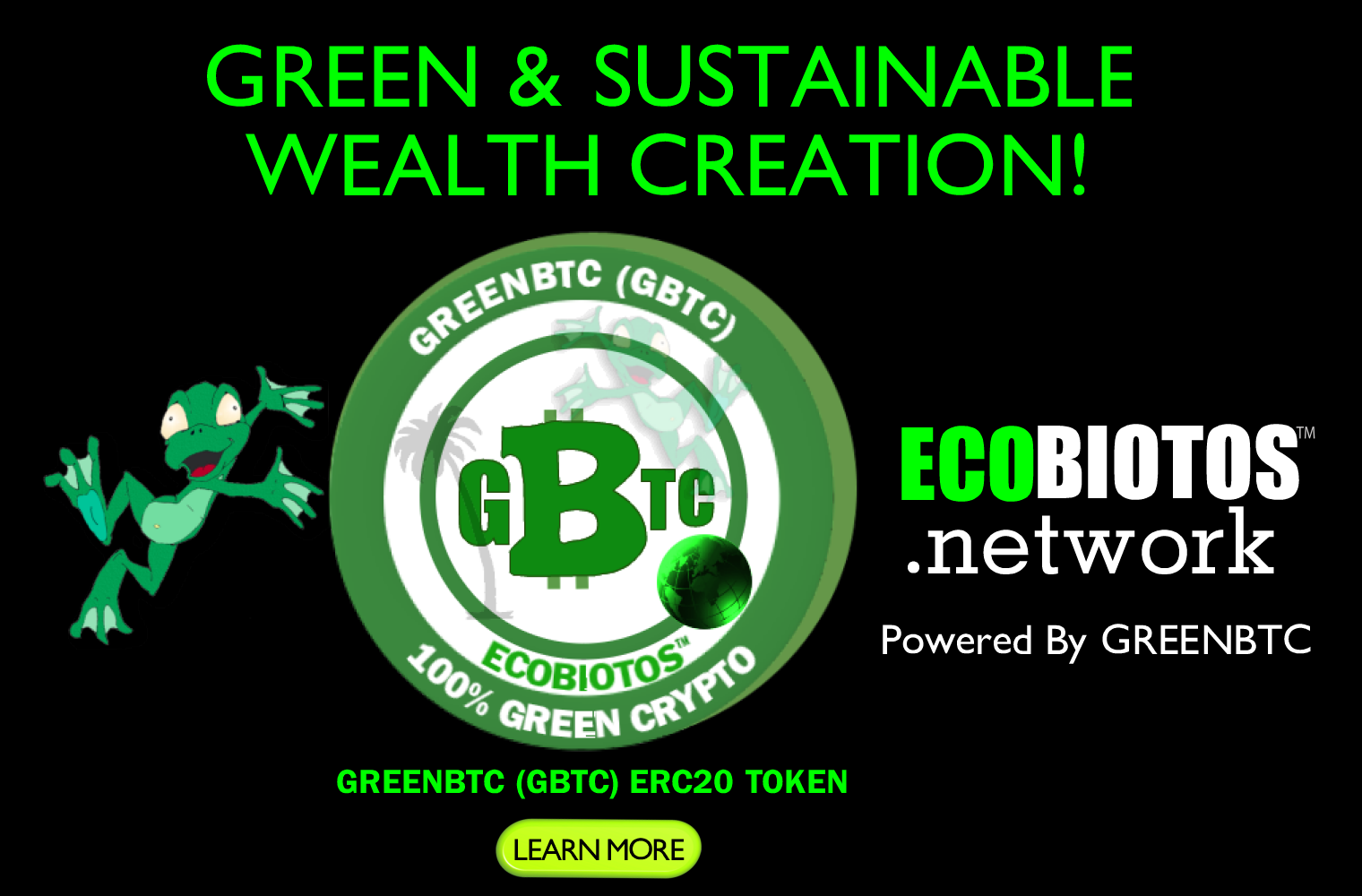With the massive increase in Electric Vehicles worldwide is the damage to the planet, habitat, species, really worth it?
Car batteries typically contain several minerals, including lithium, cobalt, nickel, and graphite. These minerals are essential for the production of lithium-ion batteries used in electric vehicles.
The mining of these minerals can have significant environmental impacts. Here are some potential damages to the land caused by mining:
1. Deforestation: Mining operations may require clearing large areas of land, leading to the loss of forests and biodiversity.
2. Soil erosion and degradation: The extraction process can result in the removal of topsoil, leading to soil erosion and reduced fertility.
3. Water pollution: Mining activities can contaminate water sources with chemicals and heavy metals, affecting aquatic life and human communities.
4. Habitat destruction: Mining can disrupt or destroy natural habitats, displacing wildlife and disrupting ecosystems.
5. Air pollution: Dust and emissions from mining machinery and processing facilities can contribute to air pollution, impacting local air quality.
The long-term effects of mining on the planet include:
1. Climate change: The extraction and processing of minerals require significant energy, often derived from fossil fuels, contributing to greenhouse gas emissions and climate change.
2. Loss of biodiversity: Mining activities can lead to the destruction of habitats, resulting in the loss of plant and animal species.
3. Land degradation: Mining can leave behind large open pits, waste piles, and contaminated areas that may take decades or even centuries to recover.
4. Water scarcity: Mining operations can deplete or contaminate water sources, exacerbating water scarcity issues in already water-stressed regions.
It is important to note that efforts are being made to mitigate these impacts through sustainable mining practices, recycling of batteries, and the development of alternative battery technologies with reduced environmental footprints.
Here is just one example of mineral mining and its impact!

Indonesia: In the capital, Jakarta, Novita Indri, a campaigner for Trend Asia, an NGO that promotes sustainable development. She blames the authorities for being “too weak” – she wants to see higher environmental standards and tougher regulation.
“We don’t have a track record of sustainable mining yet,” Indri says. “Indonesia has a lot of homework to do, strengthening law enforcement, increasing emission standards, and implementing environmental regulations.”
When we put this to the adviser to the Ministry of Energy and Mineral Resources (ESDM), Professor Irwandy Arif, he tells us the government is concerned “about the impact of mining activities on coastal sedimentation”, not just in this region but across Indonesia.
However he believes pollution is caused by illegal nickel mines, not licensed companies.
He insists regulations mean that legitimate operators have water management systems in place to ensure nothing dangerous ends up in the sea and he does not believe they would ignore the rules and risk losing their permits.
But Prof Arif acknowledges that at illegal mines without treatment systems “the soil will just be eroded”.
He tells us that anyone who doesn’t comply with the regulations is prevented from selling nickel and that two illegal miners have been taken to court in the North Konawe Regency – the area where Boenaga is located.
But Prof Arif admits supervision needs to improve: “Illegal mining exists everywhere in Indonesia,” he says. “So far we have not managed to regulate it properly… we need to map which ones are legal and which ones are illegal so that we can minimize this environmental damage.”
He points out that in order to try to improve the situation, the government recently established a national illegal mining taskforce.
But many of the Bajau people we spoke to say change is not happening quickly enough. If things continue as they are, conservationist Habib warns that the damage could be irreversible.
“What they are doing is destroying our future,” he says.


